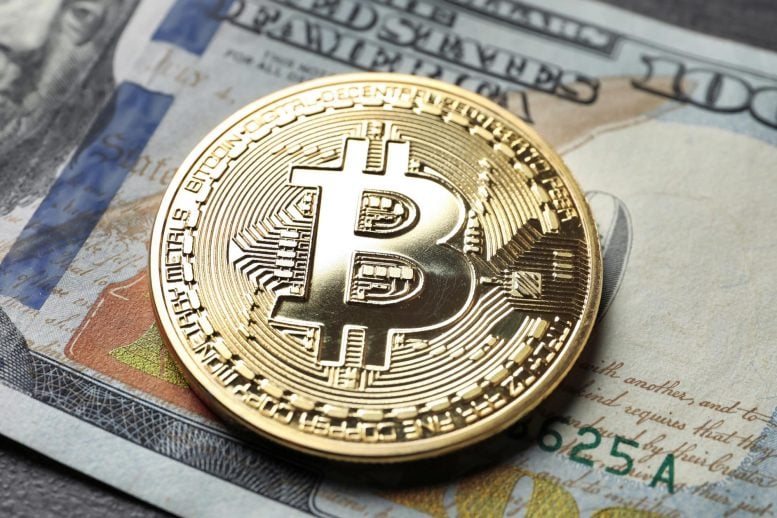
Mauro Guillén, a professor of international management at the Wharton School answers the questions surrounding the sudden interest.
Bitcoin stock surged earlier this month when Elon Musk electrified its prospects by pledging that Tesla, Inc. would soon take payment for its electric vehicles in the much heard about but little-known currency.
Mauro Guillén, the Zandman Endowed Professorship in International Management at the Wharton School and former director of the Lauder Institute, talked to Penn Today about Bitcoin.
What is Bitcoin?
Bitcoin is one of the earliest and definitely the most famous cryptocurrency. It is different than fiat money issued by governments in that there is no central authority behind it. Rather, it is governed by a set of algorithmic rules regarding the amount of bitcoins in circulation, which can only increase over time very slowly, the verification of transactions, and the way in which ownership is registered.
What are its advantages over money created by central banks?
Money serves three purposes: First, as a medium of exchange to make or receive payments; second, as a unit of account to establish the value of different things in a common measure; and third, as a store of value, to keep savings or surpluses. Bitcoin right now is a very limited form of payment because relatively few individuals, companies, or governments accept it as such. It plays no role as a unit of account, but can be seen as a store of value in the sense that it is an asset that can be purchased and whose price may be maintained or even increase over time.
What is driving the price increase?
Given that it does not yield a dividend and that it has no intrinsic value, unlike gold, the price of Bitcoin is purely determined by supply and demand. The supply is constrained by design, and thus the price is determined by demand. The more demand, the higher the price, which is what has happened over the last few months.
How volatile is it?
Bitcoin is very volatile. Its price depends mostly on demand. If current owners of Bitcoin perceive or anticipate issues, then their sales can drive the price down. Government or central bank regulation can also drive its value down, if it is restrictive. The Fed, for instance, has come out strongly against unregulated cryptocurrencies several times over the last few years, triggering a sudden devaluation. The price of Bitcoin is among the most volatile.
How do you store, trade, and spend it?
One needs to open an account on a fintech platform or, increasingly, a bank or financial institution and buy bitcoins with some other currency, for example, dollars. The Bitcoin market rests on the so-called blockchain, which is a digital registry, or ledger, which records all transactions. This is a decentralized registry, in the sense that it resides on all the computers that are part of the network. Given the absence of a centralized authority, Bitcoin transactions are verified by ‘miners,’ who get a commission in exchange for corroborating that a transaction has taken place.
One can sell bitcoins on the same platforms. It is accepted as a form of payment by a small fraction of all merchants in the world.
One huge problem intrinsic to the design of Bitcoin is that if the amount of cryptocurrency in circulation increases very slowly, it is impossible that it can become a major player in payments because the global economy is so huge. Thus, the goal of achieving stability through a limitation of the supply interferes with the putative goal of becoming a currency that rivals the dollar or the euro. Unless more bitcoins are issued, this cryptocurrency cannot possibly serve as a form of payment used by billions of people.
What does the future hold?
I don’t think cryptocurrencies like Bitcoin will ever succeed as mere substitutes for money simply because governments or central banks will not tolerate them. They don’t want to lose control over monetary policy and the amount of money in circulation. In any case, governments will issue their own digital currencies, like China is about to do.
However, cryptocurrencies have a future if they become more than simply money. They can be part of a bundle of services, as in digital tokens that enable people to obtain discount coupons, vote in elections or as shareholders, enter into smart contracts, etc.